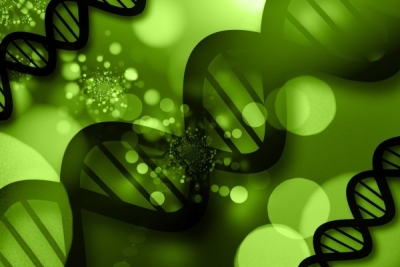The increase in blood alcohol concentration (BAC) depends on the number of drinks ingested and the interaction between the various physiological processes of absorption, distribution, metabolism and excretion (ADME) (1). Furthermore, people react differently to the same amount of alcohol, which is associated with individual factors, such as gender, weight and age, as well as genetic and environmental factors, in addition to variations in the ADME process (figure 1). The development of tolerance to the harmful effects of ethanol, as well as the cultural and/or social norms that determine a person's consumption habits also influence this process. However, it is the concentration of ethanol in the blood that causes impairment of bodily functions (1).
Most of the alcohol that enters the body goes to the liver, where around 90% of the alcohol ingested is metabolized. In general, the liver can process about a standard dose of alcohol in one hour. If an individual consumes more than this, additional alcohol will accumulate in the blood and other tissues until it can be metabolized. If this happens too often or too quickly, damage can occur to various tissues in the body, including the brain. Therefore, BAC is the most important way to measure an individual's level of alcohol intoxication. The higher this concentration, the greater the damage.
So why do they recommend eating before drinking?
Food in the stomach causes the pyloric sphincter (a muscular structure that opens and closes to control the passage of different substances) to close, separating the stomach from the intestine, which delays the emptying of the stomach into the small intestine (where alcohol is quickly absorbed), reducing the blood alcohol peak, that is, the BAC (1).
A recent study (2) provided some evidence about the short-term effects of drinking on a “full stomach.” In summary, the article showed that most of the selected studies found that the blood alcohol peak was lower or occurred later and ethanol was eliminated more quickly in groups that ate before drinking, compared to those who did not eat. Furthermore, the researchers concluded that food consumption alone is not enough to reduce the health risks caused by short-term alcohol abuse, and other important and clear guidelines are needed, such as staying hydrated and not engaging in abusive consumption.
And what happens if you drink it on an empty stomach?
The recommendation to eat before or during alcohol consumption has an important function: food prevents alcohol from passing quickly into the small intestine. And when there is food in the stomach before drinking, alcohol is absorbed more slowly.
Drinking alcohol on an empty stomach, especially in large quantities and quickly, can be very dangerous. This happens due to a rapid increase in BAC and, the higher the BAC, the greater the effects and damage to the body.
It is worth mentioning that this recommendation is a form of harm reduction that, interspersed with the intake of non-alcoholic drinks can minimize the immediate effects of alcohol and even the effects of a hangover the next day. Therefore, if you decide to drink, pay attention to your consumption. Take care of your health!











